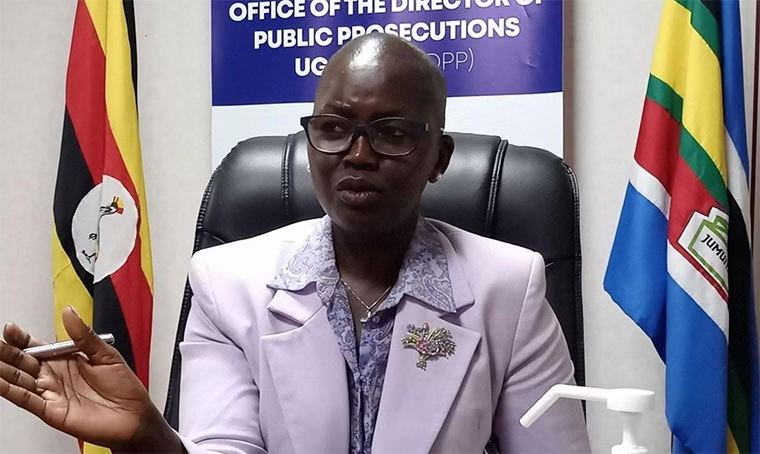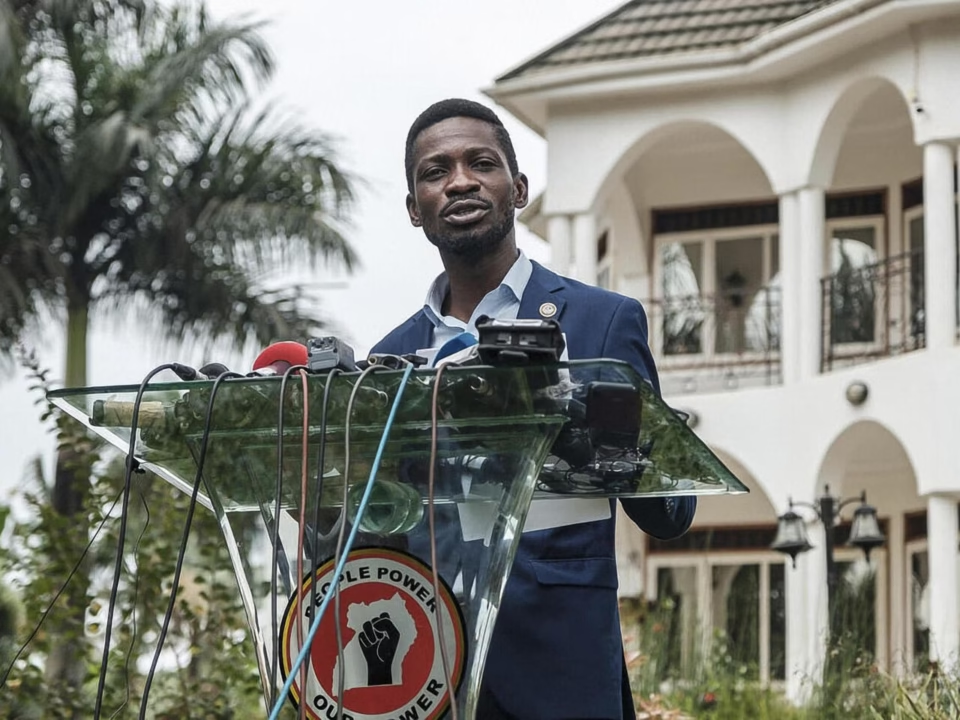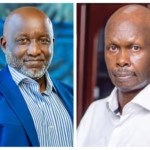With just months to the 2026 general elections, opposition leader Robert Kyagulanyi Ssentamu, better known as Bobi Wine, finds himself once again at the center of a legal and political storm. On July 30, the High Court will decide whether long-dropped criminal charges against the National Unity Platform (NUP) president should be reinstated—a decision that could ripple far beyond the courtroom.
At the heart of the case are allegations dating back more than two decades, involving Bobi Wine’s admission to Makerere University in 2000. But the renewed interest in the case, spearheaded by controversial private prosecutor Kassim Male Mabirizi, has reignited deep questions about justice, power, and the role of law in Uganda’s fragile democracy.
For Bobi Wine, the courtroom is not unfamiliar ground. Since rising from pop star to political heavyweight, he has faced arrest, surveillance, and what his supporters say are coordinated attempts to keep him out of Uganda’s highest office. This latest legal challenge, however, hits at the foundations of his academic credibility.
Mabirizi alleges that Bobi Wine fraudulently secured a government scholarship to study a diploma in dance and drama at Makerere by exploiting the university’s mature entry scheme—despite being only 20 years old at the time. According to the rules, the scheme is reserved for individuals aged 25 and above with at least five years out of school.
The case was first raised in 2021, leading to criminal summonses being issued. But the Director of Public Prosecutions (DPP), Justice Jane Frances Abodo, quickly intervened, dropped the charges, and cited lack of evidence. That should have been the end of it.

Unwilling to let the case rest, Mabirizi returned to court, arguing that the DPP’s decision to drop the charges was unlawful. He accused the state of shielding Bobi Wine from justice and claimed that the DPP had failed to consult him—as required by law—before terminating the private prosecution.
Enter Timothy Amerit, a senior official in the DPP’s office, who took a firm stand in defense of the state’s decision. In court, Amerit described the case as hollow and politically motivated, saying Mabirizi had offered no new evidence or exceptional reason for the charges to be revived.
“The constitution does not create a parallel prosecutorial authority in a private citizen,” Amerit told the court, accusing Mabirizi of attempting to hijack state powers. He explained that after fresh investigations, including statements from Makerere officials and Mabirizi himself, the police file still lacked enough to justify a trial.
“It would be a waste of the court’s time,” he added.
For Ugandans watching this drama unfold, the stakes feel far higher than one man’s university admission. Bobi Wine’s rise to political prominence has energized young voters, challenged long-standing power structures, and reshaped the national conversation about leadership.
To his supporters, the court case is just the latest effort to silence a growing threat to President Yoweri Museveni’s four-decade rule. To his critics, it’s about holding every citizen—no matter how powerful—accountable to the law.
Either way, July 30 now carries a weight of expectation.
Bobi Wine has not made public statements about the revived charges, but his legal team is expected to contest any attempt to reopen the case. Meanwhile, Mabirizi remains defiant, insisting he’s acting in the public interest, regardless of political implications.
The presiding judge, Justice Emmanuel Baguma, now faces the delicate task of balancing legal merit with political sensitivity. His ruling could determine not just the fate of this case—but also the tone of Uganda’s next election season.
Whether the court sides with the DPP’s dismissal or allows the charges to resurface, one thing is clear: this case is about more than paperwork and legal technicalities. It is a reflection of a country at a crossroads—torn between old power and a restless new generation seeking change.



